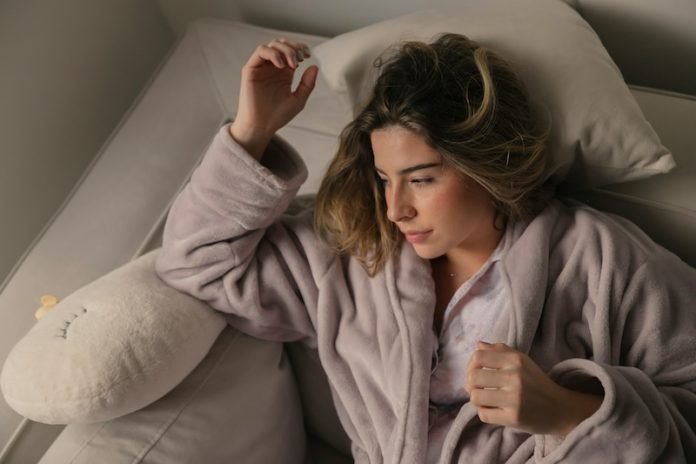
Researchers at The University of Texas at Austin have recently conducted a study that illuminates the intricate relationship between physical activity, sleep quality, and our emotional well-being with greater clarity than ever before.
Their findings provide compelling evidence that regular exercise not only enhances the quality of sleep but also positively impacts psychological health.
For years, the belief that exercise improves sleep and mood has been supported both by scientific research and personal experiences.
However, previous studies often relied on lab-based observations and short-term assessments, which, despite their contributions, faced limitations in capturing the full scope of how daily activities influence sleep and mental health over longer periods.
Breaking new ground, this study was published in Scientific Reports and stands out for its methodological approach and the environment in which the research was conducted.
Rather than bringing participants into a lab, the researchers monitored 82 young adults in their everyday settings — at home, work, and leisure — over several months.
This approach provided a more accurate and holistic view of the participants’ daily routines and their effects on sleep and emotional state.
Utilizing advanced wearable technology, including a wrist-worn activity tracker that recorded movement and heart rate, the team could precisely measure periods of deep (NREM) sleep, REM sleep, and physical activity levels.
Additionally, a smartphone app was used to gather data on self-reported well-being, creating a rich dataset for analysis.
One of the key findings was the observation that physical activity extended the latency period before entering REM sleep, suggesting that exercise promotes deeper sleep stages before the onset of REM sleep — characterized by vivid dreams and high brain activity.
This supports the idea that exercise contributes to more restorative sleep.
Moreover, the study confirmed that both low-intensity and moderate-to-vigorous physical activity are linked to deeper, more restorative sleep patterns.
Importantly, these improved sleep patterns were associated with participants feeling more energetic and less stressed the following day.
This research builds on a pilot study from the Whole Communities–Whole Health program, which emphasizes an interdisciplinary approach to health data collection while fostering community engagement in the research process.
The successful replication of sleep lab findings in a natural setting underscores the potential of wearable technology to explore the dynamics of sleep, physical activity, and psychological well-being in real life.
The study’s innovative use of consumer-grade wearable technology opens new possibilities for investigating the effects of lifestyle factors on sleep architecture and mood disorders outside of traditional lab environments.
According to David M. Schnyer, a co-author of the study and chair of the Department of Psychology, this research demonstrates that such devices can sensitively capture sleep architecture measures in a way that yields predictive results for an individual’s well-being.
In essence, this study not only confirms the beneficial effects of physical activity on sleep and mood but also showcases the power of wearable technology to provide insights into our health and well-being in the complexity of our daily lives.
If you care about sleep, please read studies about herb that could help you sleep well at night, and these drugs could lower severity of sleep apnea by one third.
For more information about sleep, please see recent studies that coffee boosts your physical activity, cuts sleep, affects heartbeat, and results showing how to deal with “COVID-somnia” and sleep well at night.
The research findings can be found in Scientific Reports.
Copyright © 2024 Knowridge Science Report. All rights reserved.



